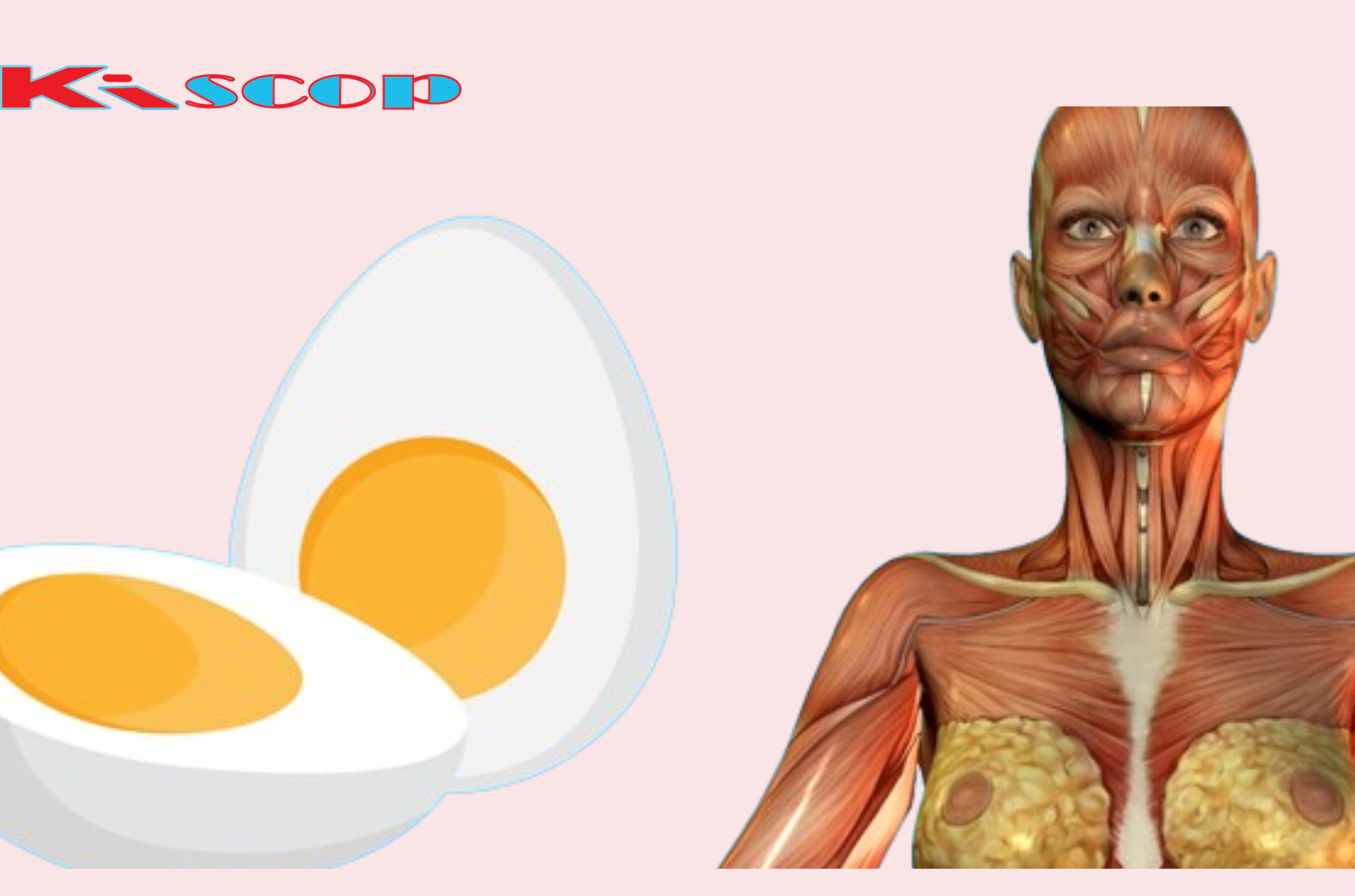Here’s What Happens to Your Body When You Eat Two Eggs a Day: No. 3 is Awesome!
Eggs are one of the most nutrient-dense foods available, packed with essential vitamins, minerals, and proteins. But what happens when you make eggs a daily part of your diet? Eating two eggs a day can have a significant impact on your body, offering numerous health benefits. Here’s a breakdown of what you can expect, with some surprising advantages, especially No. 3!
1. Boosted Brain Health
Eggs are rich in choline, a vital nutrient that plays a key role in brain function and development. Choline is essential for the production of acetylcholine, a neurotransmitter involved in memory and learning. Consuming two eggs daily provides about 50% of the recommended daily intake of choline, helping to support cognitive function, improve memory, and potentially reduce the risk of neurodegenerative diseases like Alzheimer’s.
2. Improved Eye Health
Eggs are a great source of lutein and zeaxanthin, two powerful antioxidants that are crucial for maintaining eye health. These nutrients accumulate in the retina, where they protect against damage from blue light and reduce the risk of age-related macular degeneration (AMD) and cataracts. Regular consumption of eggs can help keep your vision sharp as you age.
3. Increased Muscle Strength and Repair
One of the most impressive benefits of eating two eggs a day is their high-quality protein content. Eggs provide all nine essential amino acids, making them a complete protein source. This is especially beneficial for muscle strength and repair, making eggs an excellent choice for athletes and those looking to build or maintain muscle mass. The protein in eggs also helps with satiety, keeping you full and satisfied for longer periods, which can aid in weight management.
4. Enhanced Heart Health
Contrary to past misconceptions, eating eggs can be beneficial for heart health. Eggs contain healthy fats, including omega-3 fatty acids, which help reduce inflammation and lower the risk of heart disease. Additionally, the cholesterol found in eggs has been shown to have a minimal impact on blood cholesterol levels for most people. Some studies even suggest that moderate egg consumption can improve the lipid profile by increasing HDL (good) cholesterol levels.
5. Stronger Immune System
Eggs are packed with essential vitamins and minerals that support a strong immune system. They are a great source of vitamin A, vitamin D, and selenium—all of which play vital roles in immune function. Vitamin D, in particular, is crucial for immune response, and with many people having insufficient levels, eating eggs can help boost your intake and improve your body’s ability to fight off infections.
6. Better Skin and Hair
Eggs are rich in biotin, a B-vitamin that is essential for healthy skin, hair, and nails. Biotin plays a key role in the production of keratin, the protein that makes up your hair, skin, and nails. Regular consumption of eggs can help promote strong, shiny hair and healthy skin, making it a beauty-enhancing addition to your diet.
7. Support for Weight Loss
Including two eggs in your daily diet can aid in weight loss. The high protein content in eggs helps increase satiety and reduce overall calorie intake by keeping you fuller for longer. Studies have shown that people who eat eggs for breakfast tend to consume fewer calories throughout the day, making it easier to maintain a calorie deficit, which is key to weight loss.
8. Reduced Risk of Stroke
Research suggests that consuming eggs may reduce the risk of stroke. A large study found that people who ate one egg a day had a significantly lower risk of hemorrhagic stroke, the most common type. The nutrients in eggs, including folate, riboflavin, and B vitamins, contribute to this protective effect by supporting cardiovascular health and reducing inflammation.
9. Bone Health and Density
Eggs are an excellent source of vitamin D, which is essential for calcium absorption and bone health. Adequate vitamin D intake helps maintain bone density and reduces the risk of fractures and osteoporosis, especially as you age. Eating eggs regularly can contribute to stronger bones and overall skeletal health.
10. Improved Mood and Mental Health
Eggs contain various nutrients that are important for mental health, including vitamin B12, folate, and omega-3 fatty acids. These nutrients help regulate mood, reduce symptoms of depression, and support overall mental well-being. Choline, found in eggs, is also important for brain function and may play a role in improving mood and cognitive performance.
Conclusion
Eating two eggs a day can have numerous positive effects on your body, from boosting brain and eye health to supporting muscle growth and heart health. The benefits are extensive and well-supported by nutritional science. By incorporating eggs into your daily diet, you’re not just enjoying a versatile and delicious food; you’re also investing in your long-term health. So next time you’re planning a meal, consider making eggs a staple—you might just be surprised by how much they can enhance your well-being!



